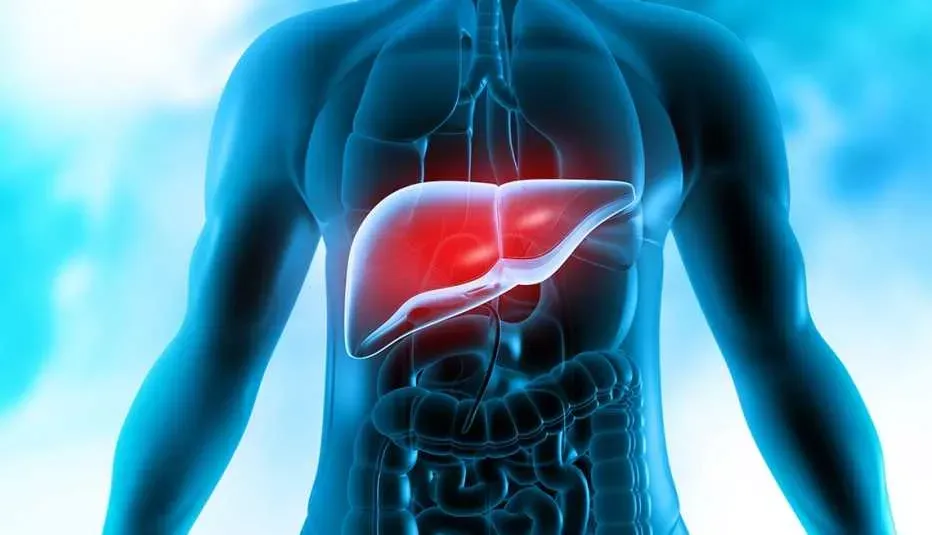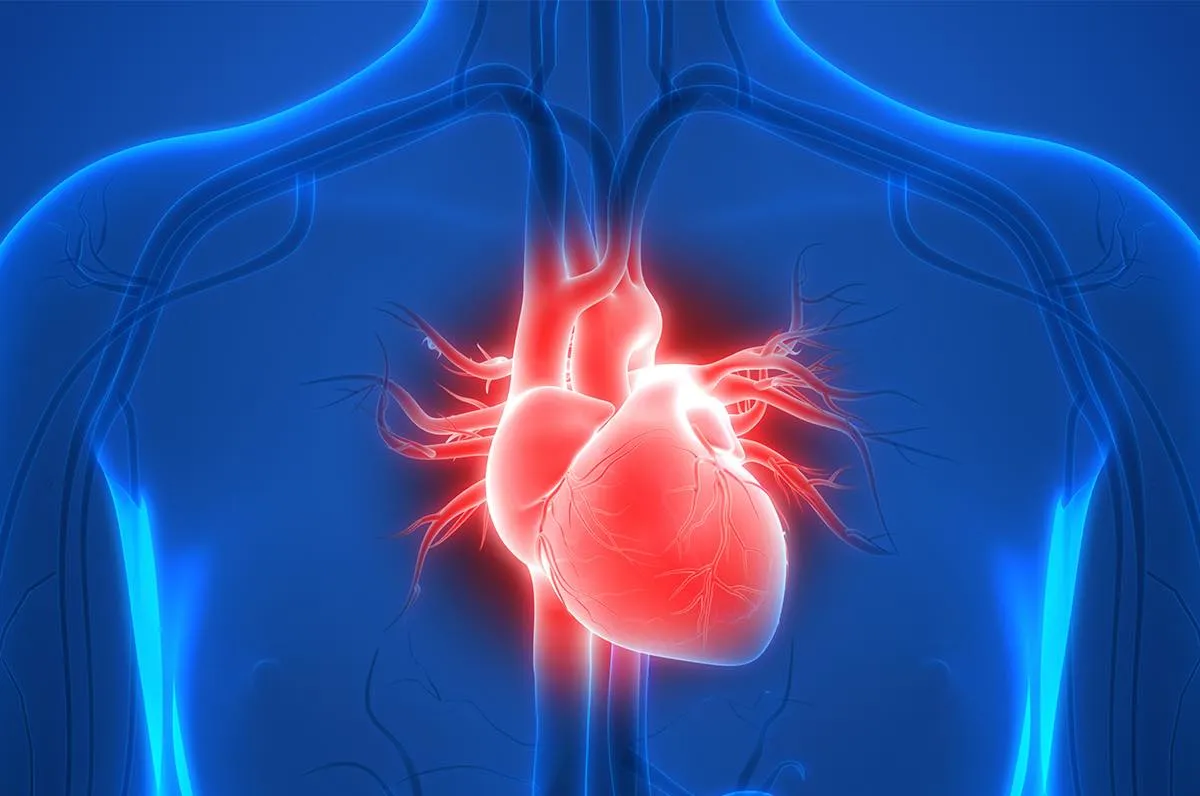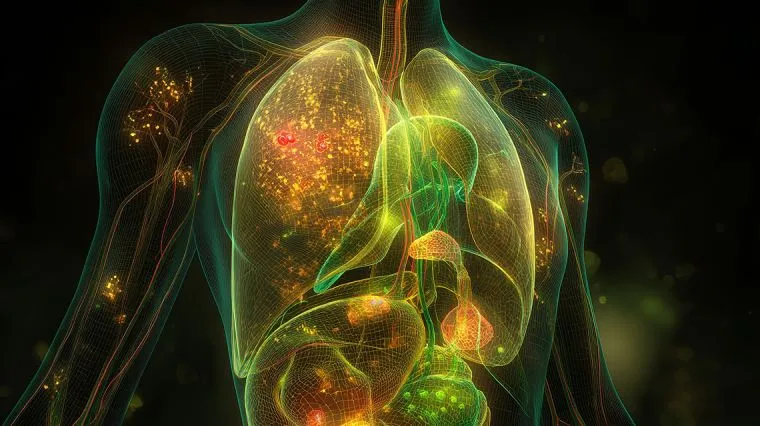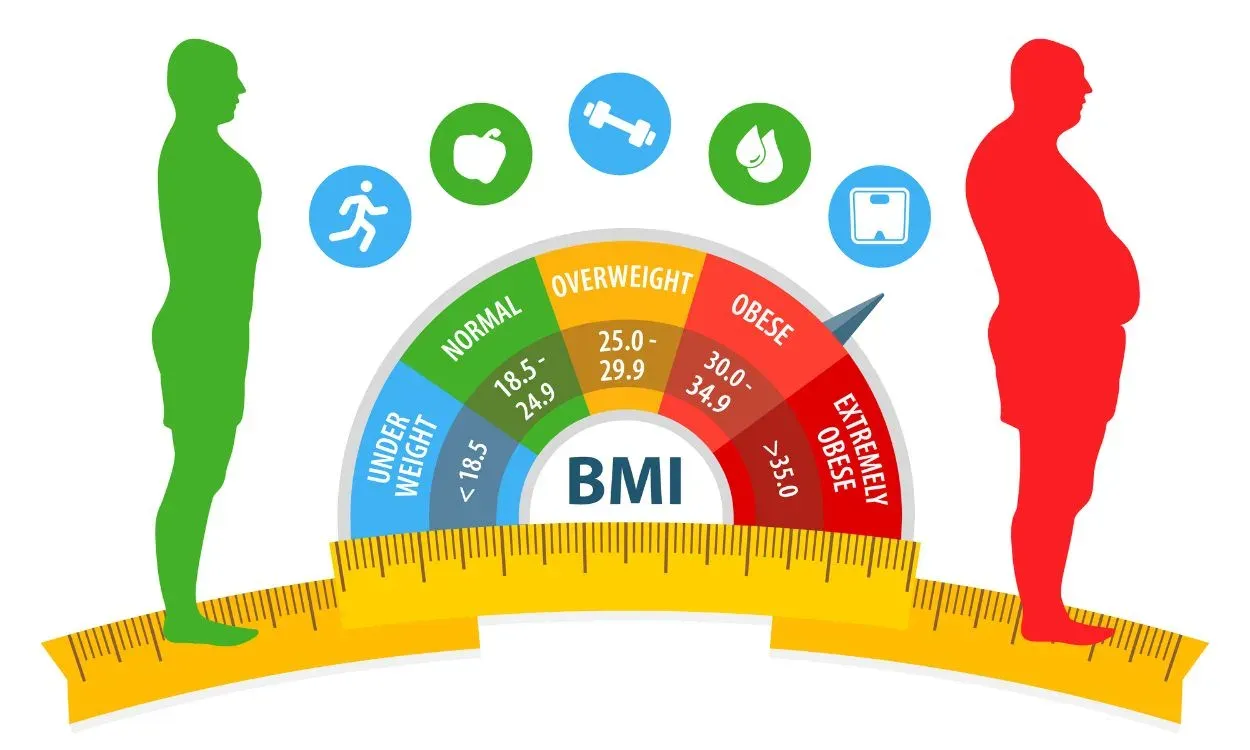What Happens to Your Body When You Stop Drinking Alcohol for 30 Days

What Happens to Your Body When You Stop Drinking Alcohol for 30 Days
Quitting alcohol for 30 days can work wonders for your body and mind, delivering a cascade of health benefits that enhance your overall well-being. From revitalizing your liver to boosting heart health, shedding excess weight, sharpening mental clarity, and reducing cancer risks, a month-long break from alcohol can be transformative. Experts note that the extent of these benefits varies based on drinking habits, with heavy drinkers reaping the most dramatic improvements. This article dives into the remarkable changes your body undergoes when you abstain from alcohol for 30 days, offering insights into why this decision could be a pivotal step toward a healthier life.
Why Quitting Alcohol Matters
Alcohol consumption, even in small amounts, can accumulate negative effects on your health over time. The World Health Organization warns that no level of alcohol is entirely safe, with even one drink a day potentially increasing health risks. For regular or heavy drinkers, a 30-day hiatus from alcohol can yield immediate and long-lasting benefits, including enhanced physical vitality, improved mental sharpness, and a reduced risk of serious conditions like heart disease, liver damage, and cancer. The journey to sobriety, even for a short period, can be challenging, but the rewards are profound, offering a reset for both body and mind.
For those who drink frequently, the decision to stop for a month can lead to noticeable improvements in energy, sleep quality, and emotional stability. Casual drinkers also benefit, experiencing subtle but meaningful changes in their health. By exploring the specific transformations that occur during this period, we highlight why a 30-day alcohol-free challenge is a powerful tool for wellness, backed by scientific evidence and expert insights.
Liver Function: A Remarkable Recovery

The liver is one of the body’s hardest-working organs, and alcohol consumption places significant strain on its ability to detoxify and process nutrients. Heavy drinking can lead to fatty liver, inflammation, and, in severe cases, cirrhosis. However, the liver is incredibly resilient, and stopping alcohol for 30 days can initiate a remarkable recovery process. Within just a few weeks, the liver begins to reduce fat accumulation and inflammation, improving its overall function and efficiency.
For heavy drinkers, the benefits are particularly striking. Abstinence allows the liver to repair damaged cells and regenerate, significantly lowering the risk of long-term conditions like cirrhosis. Even moderate drinkers may notice increased energy and reduced fatigue as the liver resumes optimal performance. By the end of the 30-day period, many individuals report feeling lighter and more vibrant, a testament to the liver’s ability to heal when given a break from alcohol’s toxic effects.
Heart Health: Boosting Cardiovascular Wellness

Regular alcohol consumption can take a toll on your cardiovascular system, increasing LDL (bad cholesterol) levels, which clog arteries and elevate the risk of heart disease and stroke. Quitting alcohol for 30 days can reverse some of these effects, promoting better heart health. During this period, HDL (good cholesterol) levels rise, improving blood flow and reducing strain on the heart. This leads to enhanced cardiovascular function and a lower risk of heart-related complications.
For frequent drinkers, the cardiovascular benefits of a 30-day break are significant. Improved blood pressure, reduced heart rate, and better circulation contribute to a stronger, healthier heart. These changes enhance physical stamina and energy levels, making daily activities feel less taxing. By prioritizing heart health through abstinence, individuals can take a proactive step toward longevity and vitality, setting the stage for sustained cardiovascular wellness.
Reduced Cancer Risk: A Lifesaving Benefit

Alcohol is classified as a human carcinogen by the World Health Organization, with regular consumption linked to an increased risk of cancers such as those of the head, neck, liver, colon, and breast. Even moderate drinking can elevate these risks over time. However, stopping alcohol for 30 days can significantly reduce these dangers. By eliminating alcohol, the body’s defenses strengthen, and the risk of developing alcohol-related cancers begins to decline.
For heavy drinkers, the reduction in cancer risk is particularly impactful. Abstinence allows the body to repair damaged cells and reduce inflammation, which can contribute to cancer development. Improved immune function further bolsters the body’s ability to combat potential threats. While 30 days is just the start, this period can lay a strong foundation for long-term cancer prevention, encouraging healthier habits and a greater focus on wellness.
Weight Loss and Body Composition

Alcohol is a significant source of empty calories, contributing to weight gain and the accumulation of belly fat. Regular drinking can undermine weight loss efforts and lead to an unhealthy body composition. By stopping alcohol for 30 days, individuals can significantly reduce their calorie intake, leading to noticeable weight loss and a reduction in visceral fat. This not only improves physical appearance but also enhances metabolic health, lowering the risk of obesity-related conditions like diabetes.
For frequent drinkers, the weight loss benefits of a 30-day break can be transformative. Without the added calories from alcohol, the body burns fat more efficiently, resulting in a leaner physique. Improved energy levels and better sleep patterns also encourage physical activity, further supporting weight management goals. Many individuals report feeling lighter and more confident after a month of abstinence, making it a powerful motivator to maintain healthier habits long-term.
Brain Health and Mental Clarity

Excessive alcohol consumption impairs brain function, affecting memory, attention, and cognitive development. Heavy drinking disrupts the brain’s production of dopamine, leading to temporary feelings of sadness or depression. However, quitting alcohol for 30 days allows the brain to begin its recovery process. Within a few weeks, individuals often experience improved mental clarity, sharper focus, and enhanced memory, leading to better overall cognitive performance.
The initial days of abstinence may be challenging as the brain adjusts to the absence of alcohol-induced dopamine spikes. However, by the end of the 30-day period, most people report feeling more alert and emotionally balanced. This cognitive reset can enhance productivity, decision-making, and mental well-being. For heavy drinkers, the restoration of brain function can be particularly profound, paving the way for a renewed sense of purpose and mental resilience.
Additional Benefits: Sleep and Energy
Alcohol disrupts sleep patterns, leading to poor-quality rest and daytime fatigue. By eliminating alcohol for 30 days, individuals often experience significant improvements in sleep quality, resulting in deeper, more restorative rest. This leads to higher energy levels, better mood, and increased productivity. For heavy drinkers, the improvement in sleep can be particularly dramatic, with noticeable changes within the first two weeks of abstinence.
Better sleep supports other health benefits, such as weight loss and mental clarity, creating a positive feedback loop. Without alcohol interfering with the body’s natural rhythms, individuals can establish healthier sleep routines, leading to a more balanced lifestyle. The combination of improved sleep and increased energy encourages sustained alcohol-free habits, making the 30-day challenge a stepping stone to long-term wellness.
Comment / Reply From
No comments yet. Be the first to comment!






